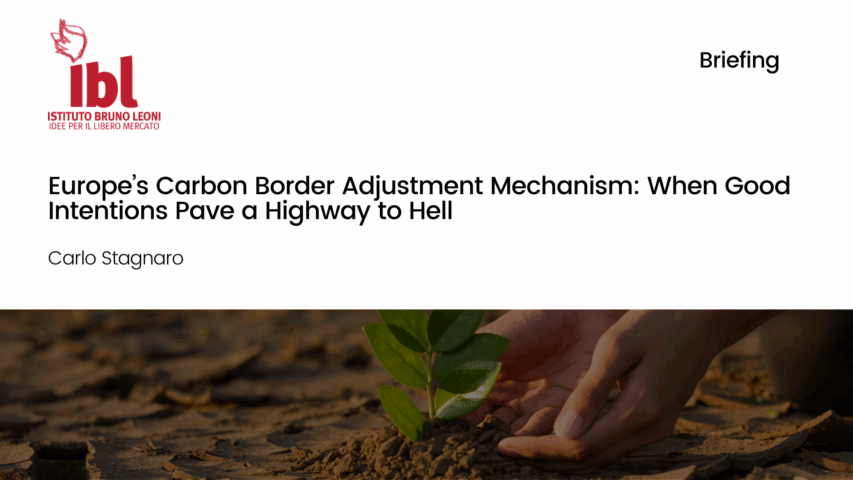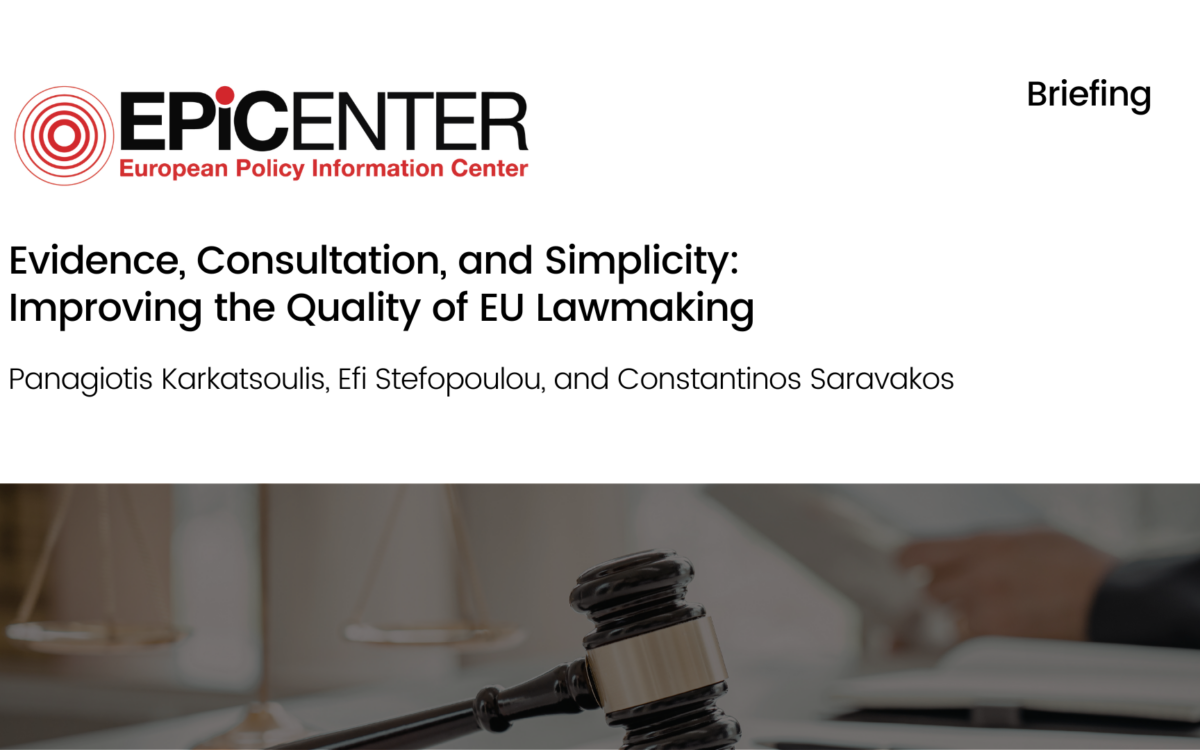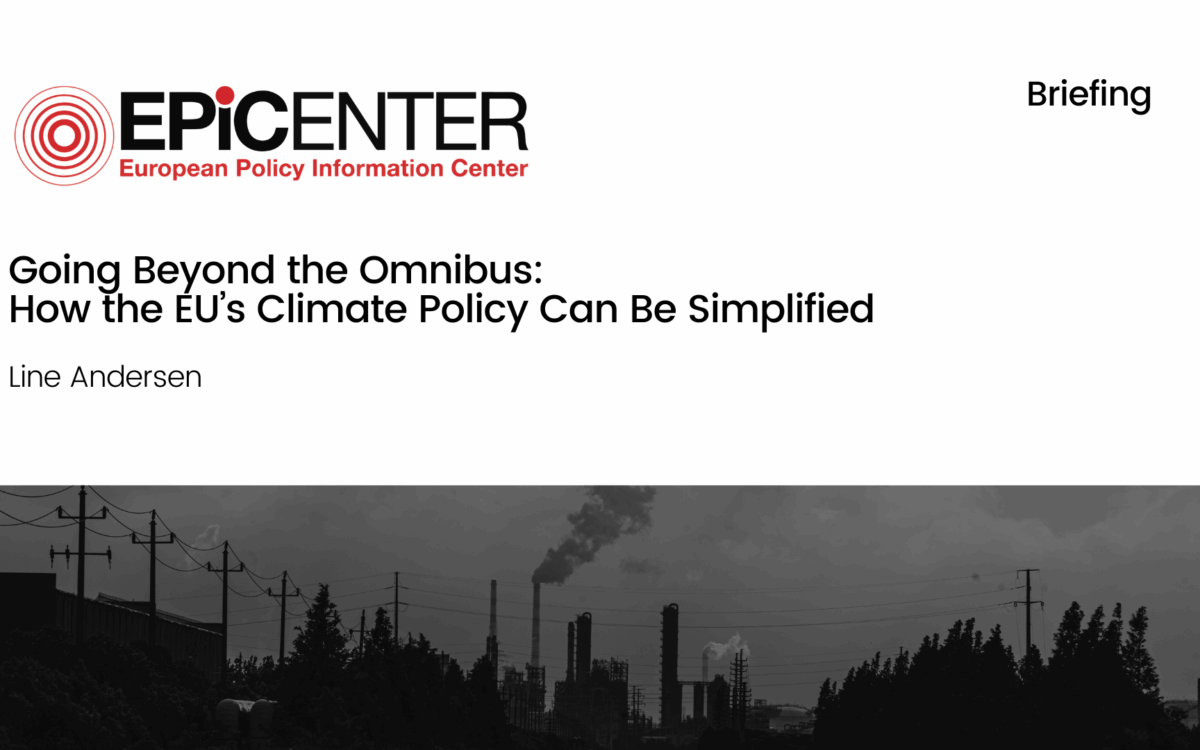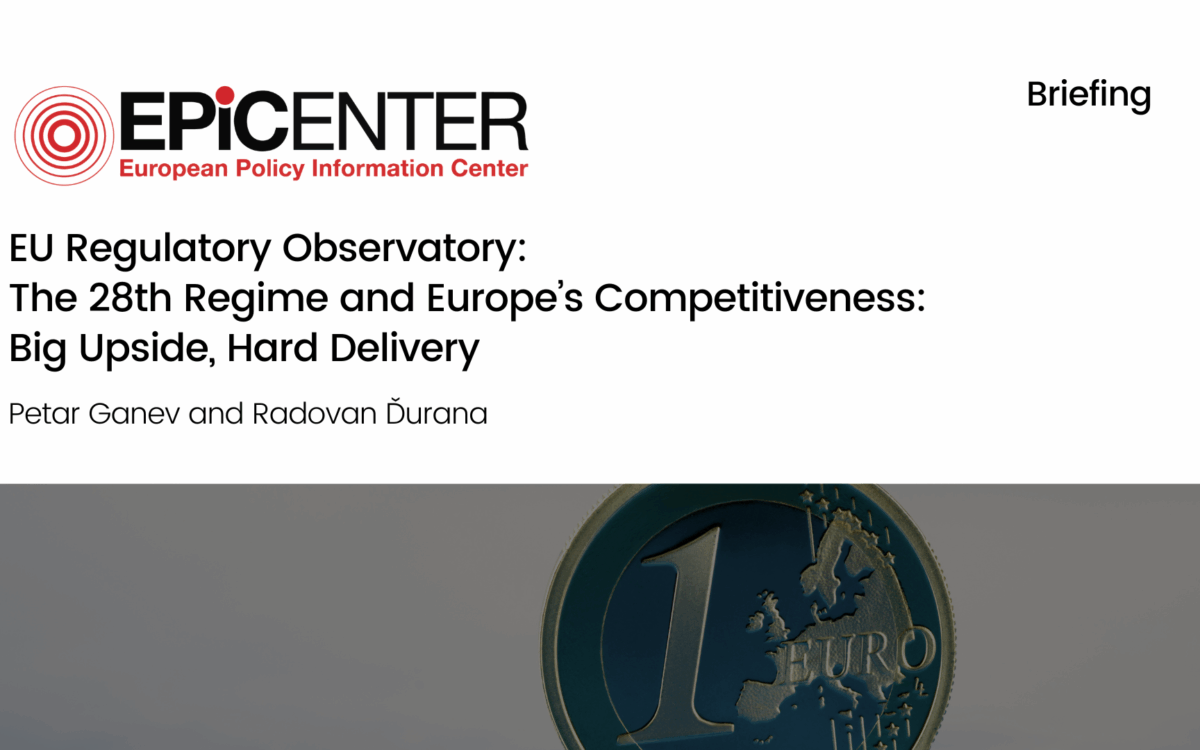Europe’s Carbon Border Adjustment Mechanism: When Good Intentions Pave a Highway to Hell

Europe’s Carbon Border Adjustment Mechanism: When Good Intentions Pave a Highway to Hell
Carlo Stagnaro // 23 September 2025
As the EU prepares to fully implement its Carbon Border Adjustment Mechanism (CBAM) in January 2026, concerns are mounting that this flagship climate policy could backfire, increasing costs for European businesses and consumers while sparking international trade disputes.
Europe’s Carbon Border Adjustment Mechanism: When Good Intentions Pave a Highway to Hell, warns that CBAM risks undermining the very competitiveness it seeks to protect. Written by Carlo Stagnaro, Director of Research at Istituto Bruno Leoni, the paper highlights how CBAM’s selective scope and complex reporting rules may result in unintended consequences across the EU economy and beyond.
The main findings of the briefing include:
-
CBAM’s selective scope harms EU competitiveness by covering only certain intermediate goods. This raises costs for downstream industries such as renewable energy manufacturing while foreign producers face no similar cost increases.
-
SMEs will face indirect burdens as larger firms pass down compliance demands and higher prices throughout supply chains, even if smaller firms are formally exempt.
-
The phase-out of free ETS allowances will make EU exports less competitive, increasing the risk of production being moved offshore to lower-cost markets.
-
CBAM threatens to escalate global trade tensions, potentially provoking retaliatory tariffs and worsening relations with major economies while undermining global cooperation on climate policy.
-
Free allowances provide a more stable, less distortionary alternative that protects EU industries while preserving incentives to cut emissions.
Download or share this publication
View the PDF
EPICENTER publications and contributions from our member think tanks are designed to promote the discussion of economic issues and the role of markets in solving economic and social problems. As with all EPICENTER publications, the views expressed here are those of the author and not EPICENTER or its member think tanks (which have no corporate view).



